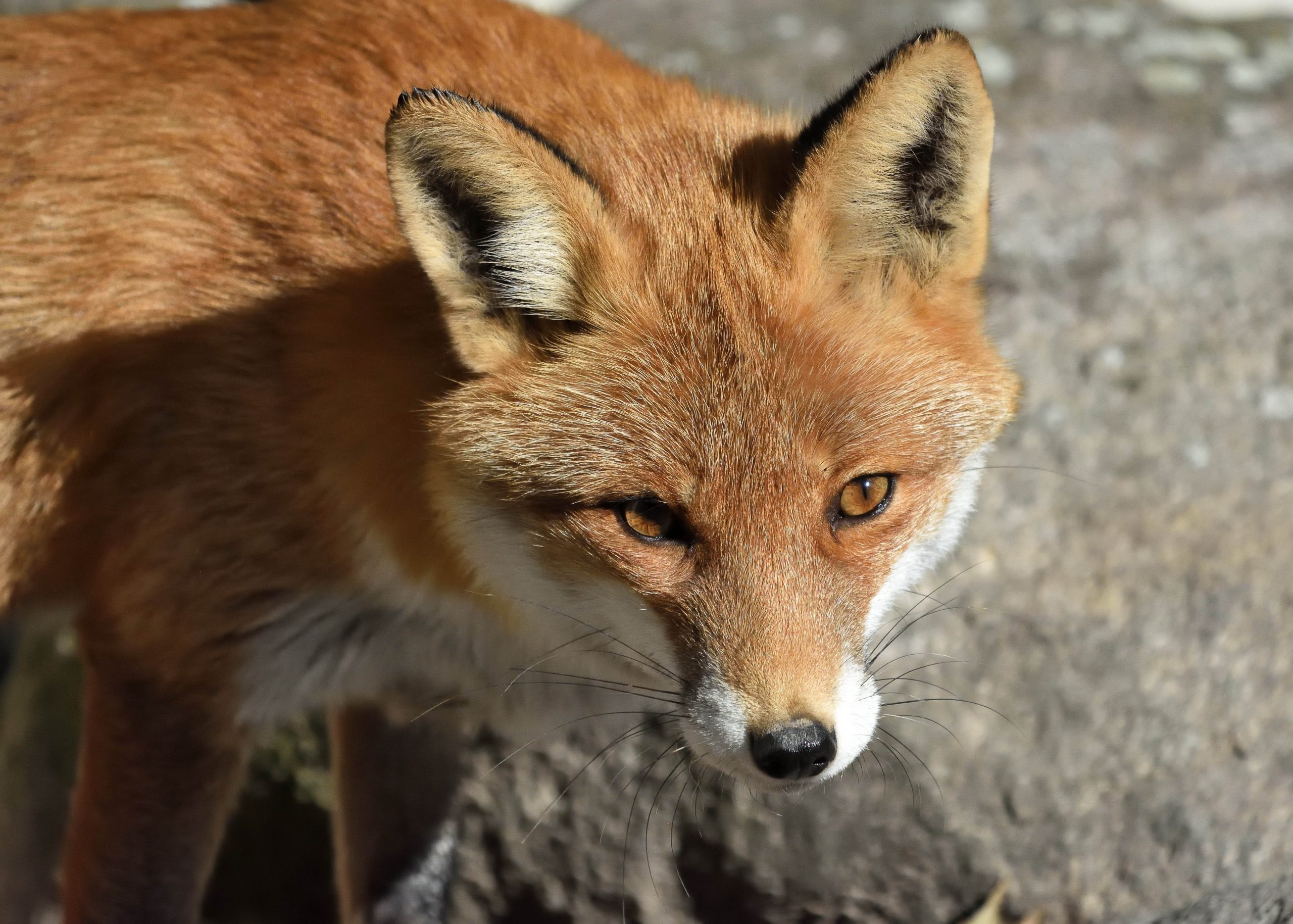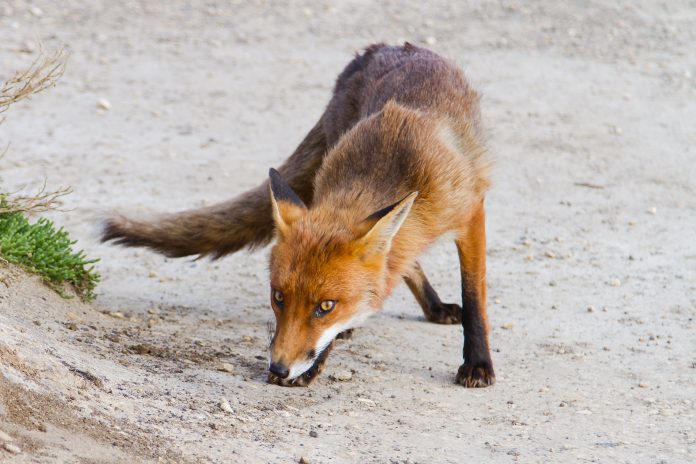The battle against a serious threat to native wildlife is about to resume.
Sunshine Coast Council is set to run its Coastal Fox Control Program for the ninth year.
It will be undertaken in coastal areas of known activity between the Maroochy River and Peregian Beach from March 27.
The program area includes council-managed and state-managed lands as well as some private properties.
The aim of program is to decrease fox populations at a time when they are particularly active and to reduce their predation on vulnerable native species.
These include spotted tail quoll, water mice, Eastern ground parrots, as well as the endangered green and loggerhead turtles at the egg and hatchling stage.
The European red fox was introduced to Australia for recreational hunting in 1855 and has become a significant contributor to native animal decline across the nation.
The autumn trapping campaign will involve using soft-catch foothold traps placed across selected bushland and private properties in areas of known fox activity. Traps will be checked daily or continuously by telemetry camera.
Control activities will be conducted by qualified and experienced invasive animal officers. Officers operate under council’s policies and procedures and in line with Queensland’s animal welfare laws.

Environment Portfolio Councillor Maria Suarez said the program would help protect native wildlife.
“Foxes pose a serious threat to unhatched turtle eggs and threaten species such as the endangered Mary River turtle and green and loggerhead sea turtles,” she said.
“They’re also a threat to our livestock and domestic animals, especially chickens.’’
Sunshine Coast Council, Queensland Parks and Wildlife Service, Coolum and North Shore Coast Care and Noosa Council will work together to carry out the program.
Residents living near the program areas will be notified. Residents are reminded it is their responsibility to ensure their pets’ safety and not let them roam.
Areas included in the control program will be clearly identified by warning signs at all entrances.
If you spot a suspected fox den in the program area, report it to council on 5475 7272.
You can also view the fact sheet to learn how to identify a fox den on council’s website.
The European red fox is a restricted pest under the Queensland Government Biosecurity Act 2014. Under the Act, managing biosecurity, which includes invasive animals and plants, is a key responsibility of council and every Sunshine Coast resident. More information about the program is available on council’s website.
Help us deliver more news by registering for our free daily news feed. All it requires is your name and email. See SUBSCRIBE at the top of this article.





